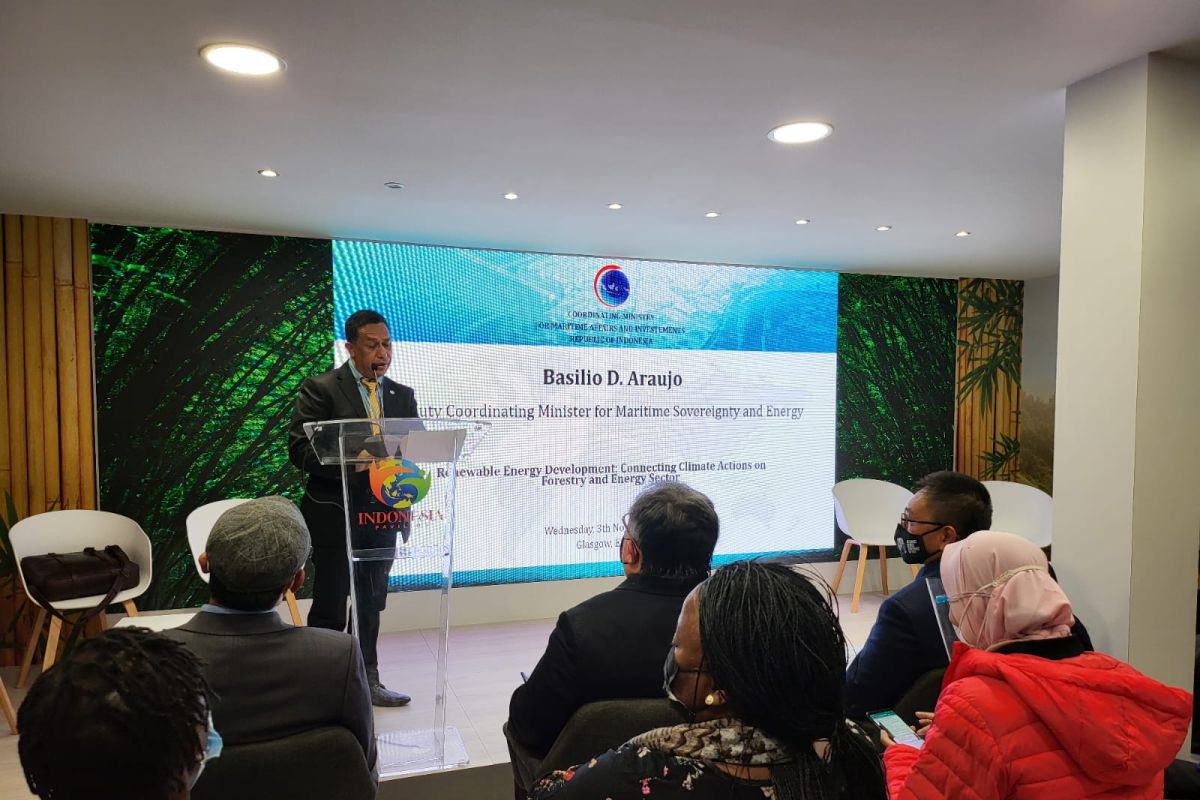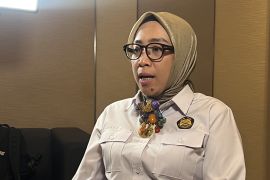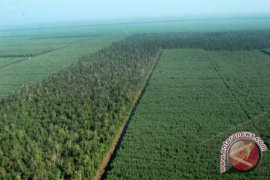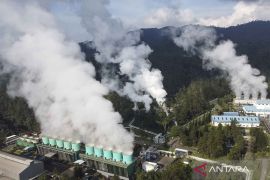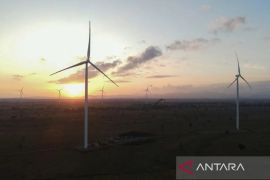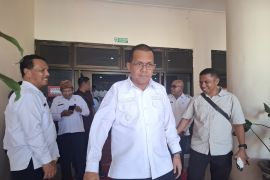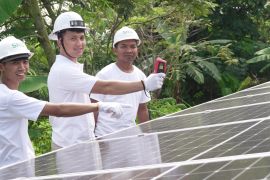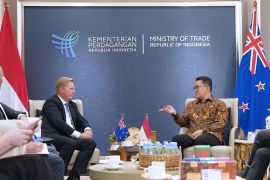We believe that electricity availability in 3T areas is capable of bolstering the local residents' economy. Hence, the technology to convert diesel power plant to biomass power plant in 3T areas is importantJakarta (ANTARA) - The Coordinating Ministry for Maritime Affairs and Investment has ensured that Indonesia's new and renewable energy mix in its outermost, remote, and underdeveloped (3T) areas will be increased to 23 percent by 2025.
During a talk show in Glasgow, Scotland, on Wednesday, Deputy Coordinating Minister for Maritime Sovereignty and Energy Basilio Dias Araujo highlighted that Indonesia had managed to achieve a renewable energy mix of 12 percent.
In an official statement here on Thursday, Araujo noted that the government was striving to increase its renewable energy utilization, especially in 3T regions, by reducing the operations of oil-based power plants, especially diesel.
Related news: Pertamina to ensure social, environmental sustainability to reduce GHG
The government will also reduce the operations of power plants whose lifetimes have exceeded 15 years, he stated.
Araujo highlighted several challenges to achieve this target, such as Indonesia's geography comprising thousands of islands, thereby resulting in inequitable electric supply on account of fossil fuels still dominating electricity generation.
The strategic policy to electrify Indonesia's villages is one of the strategic programs to realize energy resilience and economic prosperity in 3T areas, he noted.
"We believe that electricity availability in 3T areas is capable of bolstering the local residents' economy. Hence, the technology to convert diesel power plant to biomass power plant in 3T areas is important," he elaborated.
Related news: COP26: Energy Minister outlines Indonesia's plan for phasing out PLTUs
The Indonesian government also deemed hydro, micro hydro, as well as geothermal power plants to have base load characteristics that are operable and sustainable, Araujo noted.
The advantages of a biomass power plant, especially in 3T areas, are its competitive cost and efficient energy distribution, he explained.
These advantages will strengthen national energy resiliency and energy access for local industries through demand creation as well as the involvement of residents around the project.
"This necessitates intervention from the related ministry. Of course, the clean energy policy and program is one of Indonesia’s responsibilities, especially the SDGs-based (Sustainable Development Goals) development," the deputy affirmed.
Related news: Global agreement on minimum taxes to affect incentives: Ministry
Related news: Pertamina increases efforts to contribute to energy mix
Translator: Yogi Rachman, Fadhli Ruhman
Editor: Fardah Assegaf
Copyright © ANTARA 2021
